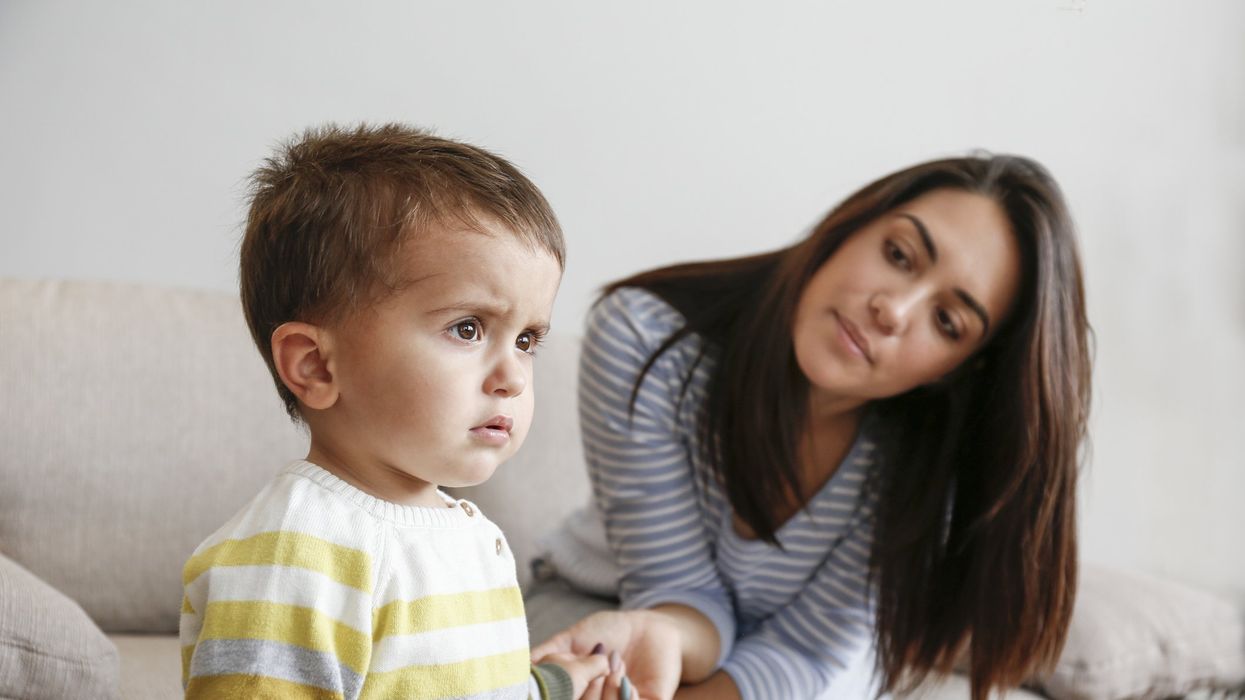
Evrymmnt/Getty Images

In her seminal book “Being There: Why Prioritizing Motherhood in the First Three Years Matters,” veteran New York City psychoanalyst Erica Komisar explains why a mother's emotional and physical presence in her child's life, especially during the first three years, gives the child a greater chance of growing up emotionally healthy, happy, secure, and resilient.
A decade and change after the day-care revolution of the 1980s and ’90s, Komisar began to see patterns of tween and teen mental anguish stemming from fundamental attachment issues she connected to maternal absence due to high-powered careers in a highly competitive city.
Drawing from this personal experience and a glut of other evidence, Komisar concluded it is simply better for children, mothers, and family systems in general for mothers to prioritize presence with their children, focusing on developing the secure attachment style that becomes an adult’s emotional foundation and template for all other relationships in life.
It is difficult to find holes in Komisar’s argument, no matter how much we may not want to believe that maternal absence has a uniquely negative effect on children’s hearts and minds. And since reading the book when it came out in 2017, I have heeded her advice.
Having taken her seriously, I can now testify that the variety of parenting styles that can gather under the umbrella of stay-at-home motherhood is wide. “Being there” matters. But I sometimes wonder if certain manners of being there constitute too much of a good thing.
Lately, the children of the first day-care generation, having become parents themselves, have taken to the internet to instruct and encourage each other in their new vocation. Universally, they want to do things differently than their Baby Boomer parents. Many Millennials who eschew day care also eschew discipline. Rather than ignoring “big feelings,” they attempt to explain their toddler’s tumultuous emotional life to the toddler. “Because I said so” is no longer an acceptable answer to your baby’s “why?”
As real as the abandonment wound may be, I fear the enmeshment wound that Millennials are fostering might be just as bad.
For isolated and anxious Millennials taking most of their cues from the internet, and for their children, child care is an emotionally overbearing experience. Moms of one or two, who have the time to hyperfixate on each child’s every problem — and do so! — drive themselves into an obviously dysfunctional kind of relationship with their families by this sort of intensely critical purity spiral. Such unpleasant experiences have the compounding effect of inducing resentment and causing people to greatly limit their fertility.
Outside religious communities, no one wants more than two kids any more. Ironically, three feels like the number that forces you to let go of the suffocating need for control anyway.
It makes everyone crazy, Mommy most of all. To be clear, Komisar did not advocate or foresee the kind of thing I’m referring to. No book ever says everything it could have. But this may be something to be aware of for well-meaning people who are trying to rebuild something from the rubble, cobbling together some semblance of a “conservative lifestyle” from trad influencers.
To be there but not to devour: this is the 21st-century mother’s challenge.